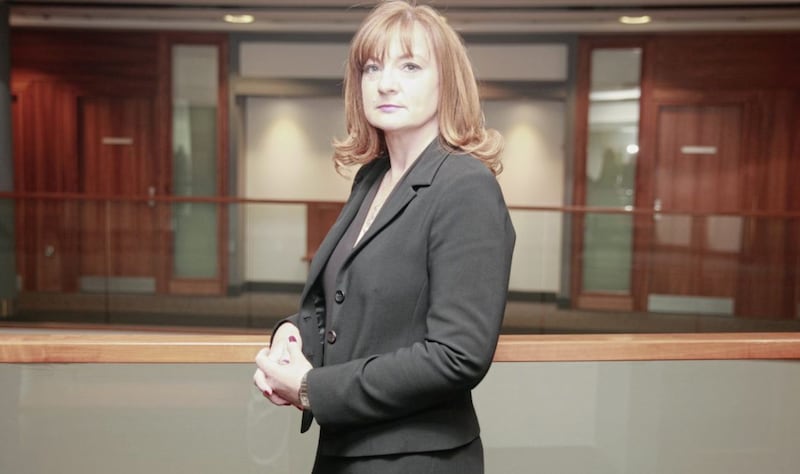DETAILS of changes to how serious sexual offence cases are dealt with by the authorities are likely to be made public within weeks.
Retired appeal court judge Sir John Gillen, who is carrying out an independent review of the Northern Ireland criminal justice system's handling of the sensitive cases, is expected to put his proposals out for public consultation in November.
The review was established in April amid public disquiet following the a nine-week Ulster Rugby rape trial, which ended in the acquittal of former Ireland players Paddy Jackson and Stuart Olding.
Their two friends Blane McIlroy and Rory Harrison were also found not guilty of lesser charges.
The woman who alleged rape spent eight days in the witness box and, despite her right to anonymity, had her name published on social media.
Among the recommendations likely to be addressed is how to enforce the anonymity already granted to complainants and whether it should be extended to defendants, as it is in the Republic of Ireland.
Read more:
- There were even giggles in the public gallery as graphic details of alleged rape were read out (premium)
- Allison Morris: I have two daughters and would not encourage them to go through retraumatising rape trial (premium)
Also within the frame of reference is the attendance by the public at trials involving serious sexual offences and the introduction of an advocate or supporter for alleged victims.
The PPS yesterday issued its latest statistics for sexual offences last year, which show a 34.2 per cent rise - from 395 to 530 - in the number of files sent by detectives to prosecutors involving an alleged rape offence, .
Senior prosecutor Marianne O'Kane said the number of people reporting rapes to police had increased following the notorious trial, "the acquittal and complications didn't deter people going forward to report to police".
However, 90 per cent of rape cases considered by the PPS last year "did not meet the test for prosecution".
And of those, just 15 per cent (nine cases) ended in conviction for rape - a fall of eight percentage points since 2016/17.
The overall conviction rates for Crown Court cases stands at 85 per cent.

The head of the PPS Serious Crime Unit said the trial "has certainly informed the public about the mechanics" of court cases.
"It was exceptional because of its length, but in other ways it was a typical rape trial," she said.
"It is universally recognised there are significant challenges in prosecuting these types of cases," Ms O'Kane said.
"Over the last three years the PPS has established a dedicated team of senior public prosecutors who have worked closely with our partners to ensure consistency in best practice procedures to build cases, support victims and ensure that prosecutions are brought robustly, but fairly.
"Against this backdrop we are seeing a significant increase in both the complexity and the volume of cases."
She said prosecutors found, where cases had resulted in acquittals, "the majority of (claimants) express a sense of `drawing a line', a sense of conclusion and feel it was the right thing to report the case.
"So long as they feel it was presented at its height, it was presented well, the majority are glad that it went to prosecution."
Ms O'Kane said the PPS "fully support" Sir John Gillen's review.









